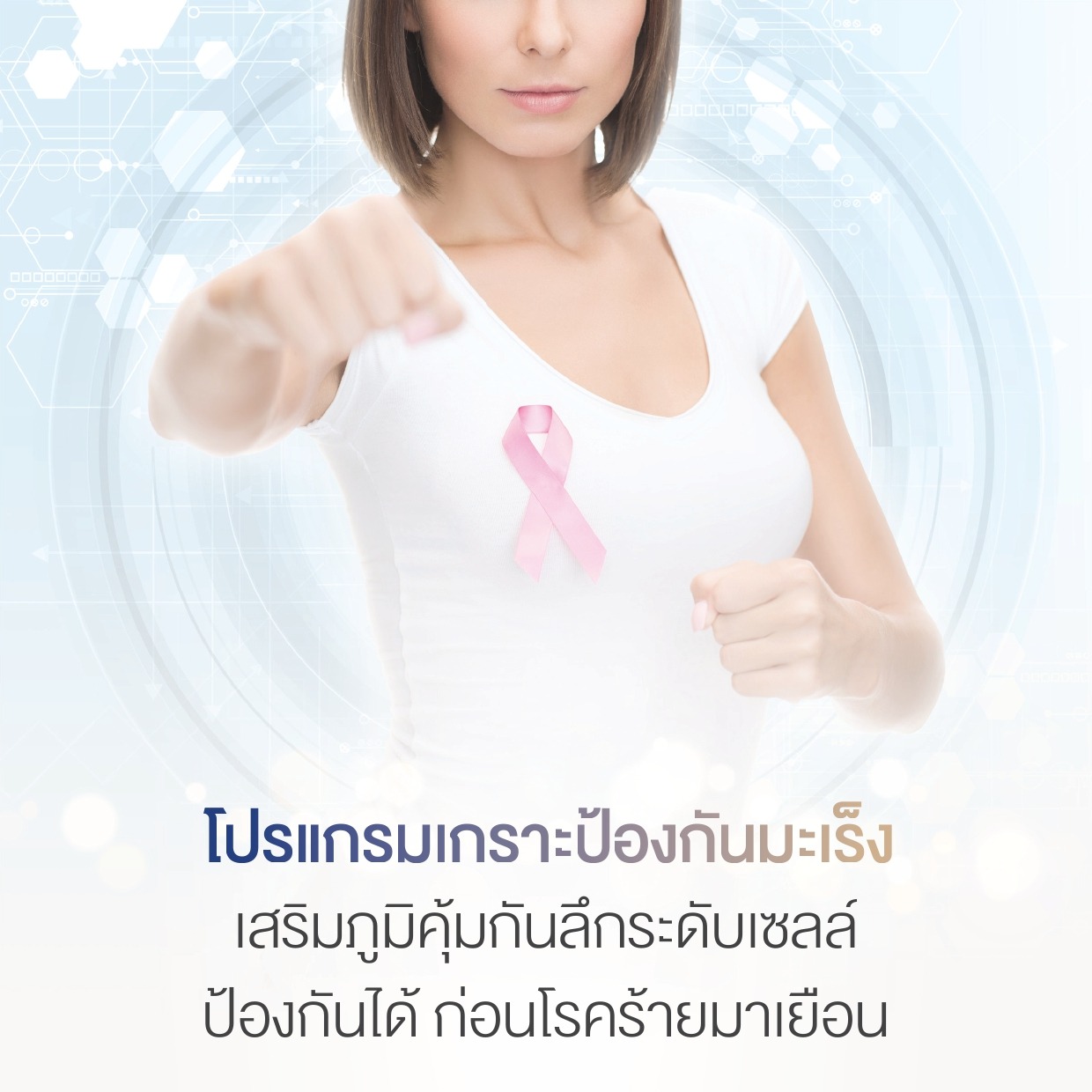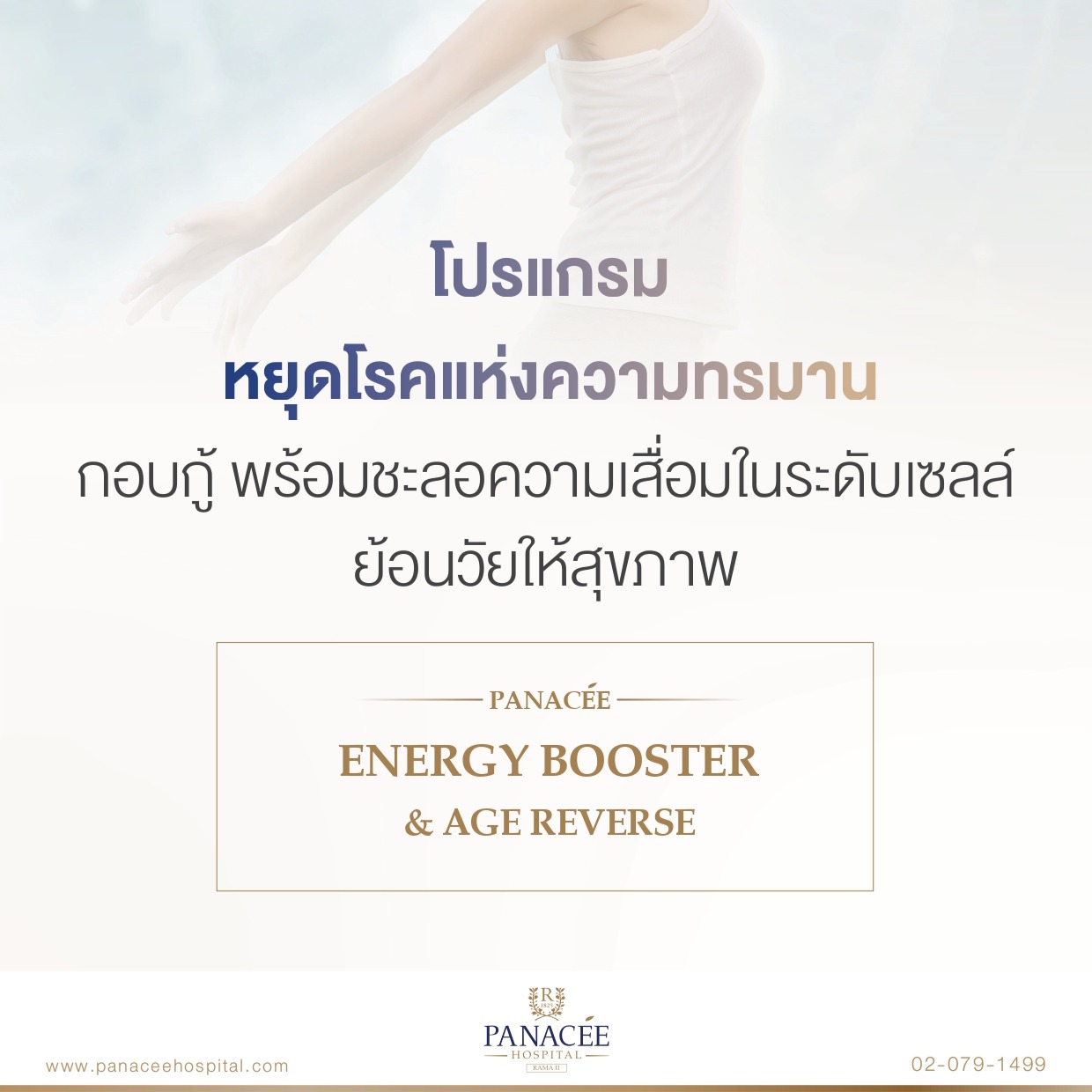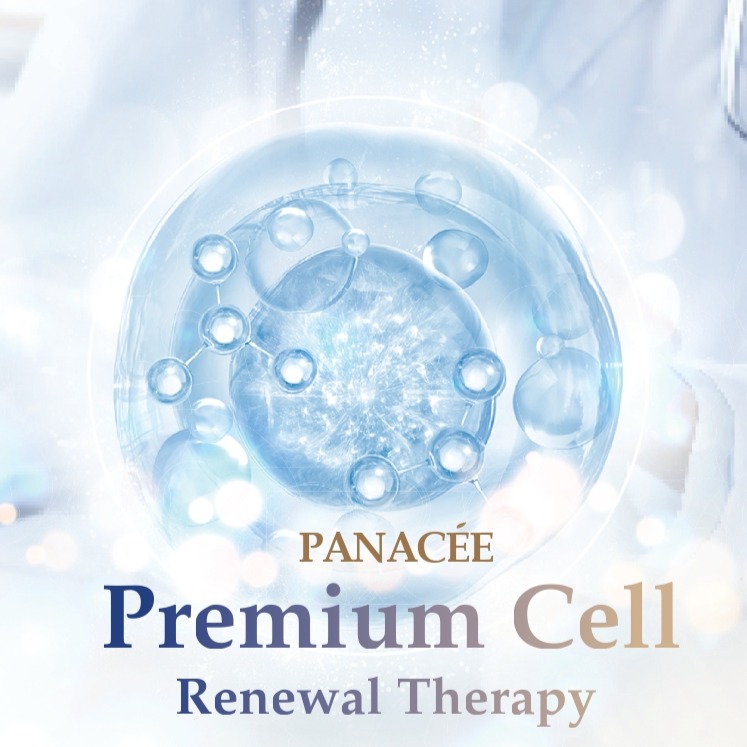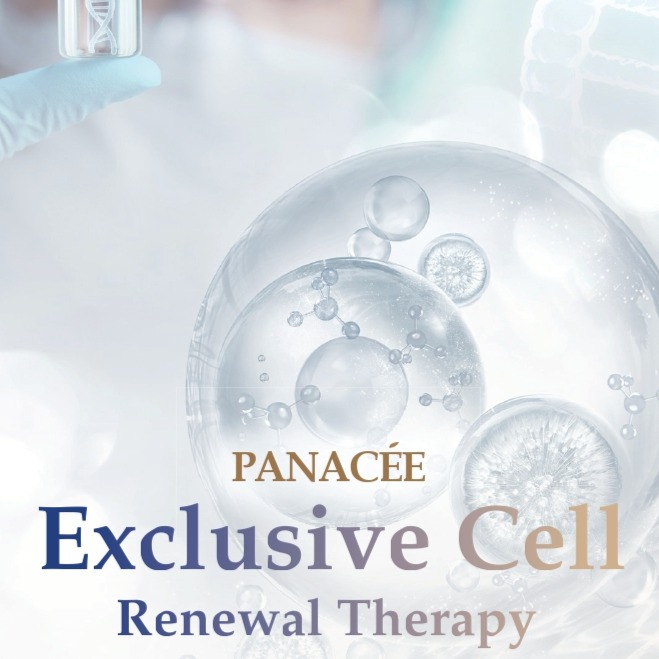Physical therapy with KinesioTape taping at 1 point
233/128-130 ตำบล บางน้ำจืด อำเภอเมืองสมุทรสาคร สมุทรสาคร 74000
Location
Panacee Rama ll
Description
Physical Therapy: Your Path to Recovery
What is Physical Therapy?
Physical therapy is a treatment that uses various techniques to help restore function, improve mobility, and relieve pain. It's often used for conditions related to muscles, bones, joints, nerves, and respiratory systems. Common applications include sports injuries, back pain, arthritis, stroke recovery, and post-operative rehabilitation.
Treatment Methods:
- Ultrasound
- Laser therapy
- Hot and cold therapy
- Massage
- Therapeutic exercises
Please note:
- Results may vary depending on individual factors such as the severity of the condition and age.
- Physical therapy is often an ongoing process, and treatment plans can vary.
Details
Pricing Details for Physical Therapy
What does the price cover?
- Cost of KinesioTape application at 1 point
- Consultation fee (if treatment is received immediately after consultation)
Note: Additional fees may apply for consultations without subsequent treatment.
Physical Therapy Assessment Package:
- Duration: Approximately 5-10 minutes
- Appointment: Prior booking is recommended.
- Treatment Area: Focused on the painful or restricted area.
- International Patients: Welcome at the same price. Please bring your passport.
Preparation:
- Avoid alcohol and smoking for 24 hours before treatment.
- Inform your therapist about any pregnancies, pre-existing conditions, osteoporosis, fractures, implants, or medications, including blood thinners.
- Bring any relevant X-rays.
- Wear comfortable clothing.
Aftercare:
- Avoid prolonged static postures.
- Attend follow-up appointments as scheduled.
- Contact your therapist immediately if you experience any unusual symptoms such as drooping eyelids, headache, neck pain, blurred vision, dry eyes, allergies, or difficulty breathing.
Important Considerations:
- If you're taking medication, consult with your doctor or pharmacist before starting physical therapy.
- Treatment plans may vary between individuals based on assessment findings and goals.
Contraindications:
- Patients with pacemakers
- Patients with spinal cord injuries
- Pregnant women
- Patients with high fever
- Patients with SLE or autoimmune diseases
- Patients with open wounds or skin infections in the treatment area
Specialty Centers
Facilities
Location
Reviews
Extra prices:
- {{total_price_html}}
- {{pay_now_price_html}}
Guest in maximum
BOOK NOW Book Now
